
Coming Out at Work Is Still Risky for Some
One of the big questions this year is whether a Republican-led Congress will even approach a bill to protect LGBT people against workplace discrimination. For the last four decades, nearly every Congress has introduced legislation to provide protection against discrimination or bias on the basis of sexual orientation or gender identity, to no avail. LGBT workers face discrimination that makes it harder to find and keep good jobs, according to a 2014 Movement Advancement Project report. In fact, LGBT workers report a wage gap as high as $24,000 versus their heterosexual and cisgender counterparts, according to the report. For queer people of color, the gap is particularly problematic. According to the Center for American Progress, 32 percent of black male same-sex couples and 28 percent of female same-sex couples live in poverty, compared to just 13 percent of black different-sex married couples.
Despite a Republican-controlled Congress where House Speaker John Boehner has already made it clear that he sees no need to debate a bill that would protect LGBT workers, members of the House and Senate are already working on introducing one again. Out Colorado representative Jared Polis has been an early proponent of a wider-reaching bill that would ensure all LGBT Americans are protected against discrimination. Meanwhile, fewer than half of the states in the U.S. have such protections for gay, lesbian, and bisexual workers, and even fewer extend workplace protections for transgender workers.
Stephen Peters, a spokesman for Human Rights Campaign, told The Advocate last week that the organization will lobby for a federal LGBT nondiscrimination bill that addresses "discrimination in credit, education, employment, federal funding, housing, jury service, and public accommodations."

While corporate America has become increasingly welcoming of LGBT employees and leaders, Apple's Tim Cook is still the only openly gay CEO of a Fortune 500 company (Martine Rothblatt, who is transgender, is the CEO of United Therapeutics Corp., which is on Forbes' Best Small Companies list). It should also be noted that there are 24 female CEOs in the Fortune 500 (so less than 5 percent of the list). Nonetheless, Cook's coming-out was a significant step, as Apple is one of the most recognizable brands in the world. The increasing LGBT-friendliness of the nation's biggest companies is evident as more businesses earn perfect scores on HRC's Corporate Equality Index.

"Religious Liberty" Activists Fight Back
People across the country banded together last year to protest SB 1062, a law proposed in Arizona, which would have allowed businesses and employees to refuse service to LGBT people or others who offend their religious sensibilities. Gov. Jan Brewer vetoed the bill after receiving immense pressure, but in Mississippi, Gov. Phil Bryant signed a similar one into law in April. Conservatives have vowed to continue the push for such "religious liberty" laws in other states. So far in 2015, at least five of these bills are on the American Civil Liberties Union's radar: Texas's and South Carolina's legislatures are eyeing bills that would prohibit government employees from recognizing a same-sex couple's relationship (through marriage licenses, mostly). Bills in Virginia, Georgia, and Utah would allow individual state employees to decided whether they want to participate in same-sex marriages. As the ACLU has put it, these laws are largely a reaction or backlash toward LGBT gains, like marriage equality, in those states and nationally.

Immigrants Still Need Definitive Answers
The Williams Institute estimates that at least 267,000 undocumented adult immigrants in the United States identify as LGBTQ (in addition to about 637,000 documented adult immigrants). While the general queer population in America tends to be exposed to discrimination, immigrants experience additional workplace and housing discrimination as well as poverty and dealing with the threat of deportation. In December, President Obama issued an executive order that would help more immigrants remain lawfully in the United States, but that same order faces dismantling by the Republican-led Congress. The order also does not necessarily help LGBT immigrants who don't have families in the States, since the policy heavily favors those who are related to U.S. citizens and residents.
Diego Ortiz, a spokesman for Immigration Equality, explained to Vice in December that many of the organization's clients have "fled their countries of origin, where they have experienced abuse, or violence, or physical or psychological torture, and many times that means leaving behind their families so that they are here alone without mothers or fathers or siblings of any kind."
Wrapping Up the Marriage Equality Effort?Fourteen states still don't have marriage equality, and many states still don't extend full adoption or custody rights to all same-sex couples or LGBT individuals. The Supreme Court
announced that it will hear a series of marriage equality cases this summer, which could lead to the nation's highest court deciding to bring marriage equality to every state.

The "Ex-Gay" Industry Faces Continued Scrutiny
A handful of state legislatures are considering barring licensed professionals from using so-called ex-gay therapy on minors. So far, California, New Jersey, and the District of Columbia have banned the practice, as every major mental health group in the U.S. has condemned such therapy as ineffective and harmful. Virginia and Illinois have most recently joined the group of states looking to ban conversion therapy for minors, with help from the National Center for Lesbian Rights' #BornPerfect campaign.
Spelling Out Equality at the Doctor's Office
Proponents of the Affordable Care Act touted several key areas where LGBT people will have better access to medical care, but as Justin Goforth at Walker-Whitman Health in Washington, D.C., says, there are still parts of the law that are not clear for LGBT patients.
"The Affordable Care Act has some language around civil rights issues for the LGBT community," Goforth says. For example, "you can't be denied health care, but there's no real meat behind that. It's just some language, and there's no real policy behind that. Right now it's pretty vague."
Whitman-Walker, which provides health services aimed at LGBT clients, has launched a law and policy center, with plans to work with the federal government to further define rights and benefits under the Affordable Care Act so that states can be held accountable to follow the law.

Military Service Is Still Blocked for Some
With a new defense secretary will come renewed calls to evaluate the military's ban on service by openly transgender people. As Allyson Robinson, an Army veteran and LGBT military advocate, put it recently, an estimated 15,000 transgender people are serving in the military right now, but they cannot be open about their gender identity because they are still legally barred from serving, even after the fall of "don't ask, don't tell," which affected lesbian, gay, and bisexual service members. Defense secretary nominee Ash Carter will be expected to pick up where secretary Chuck Hagel will leave off, as Hagel had said the Pentagon would reevaluate the rules that bar transgender people from serving openly.
The military is also still dealing with sexual assault within the ranks. Hagel spoke this month at the Air Force Sexual Assault Prevention Summit, where he said ending sexual assault must be a "personal" endeavor for everyone in the military.
"It won't be an Air Force or a military free of sexual assault unless we come at it from a basis of the humanity and the health of the force," Hagel said. "We have to trust each other."
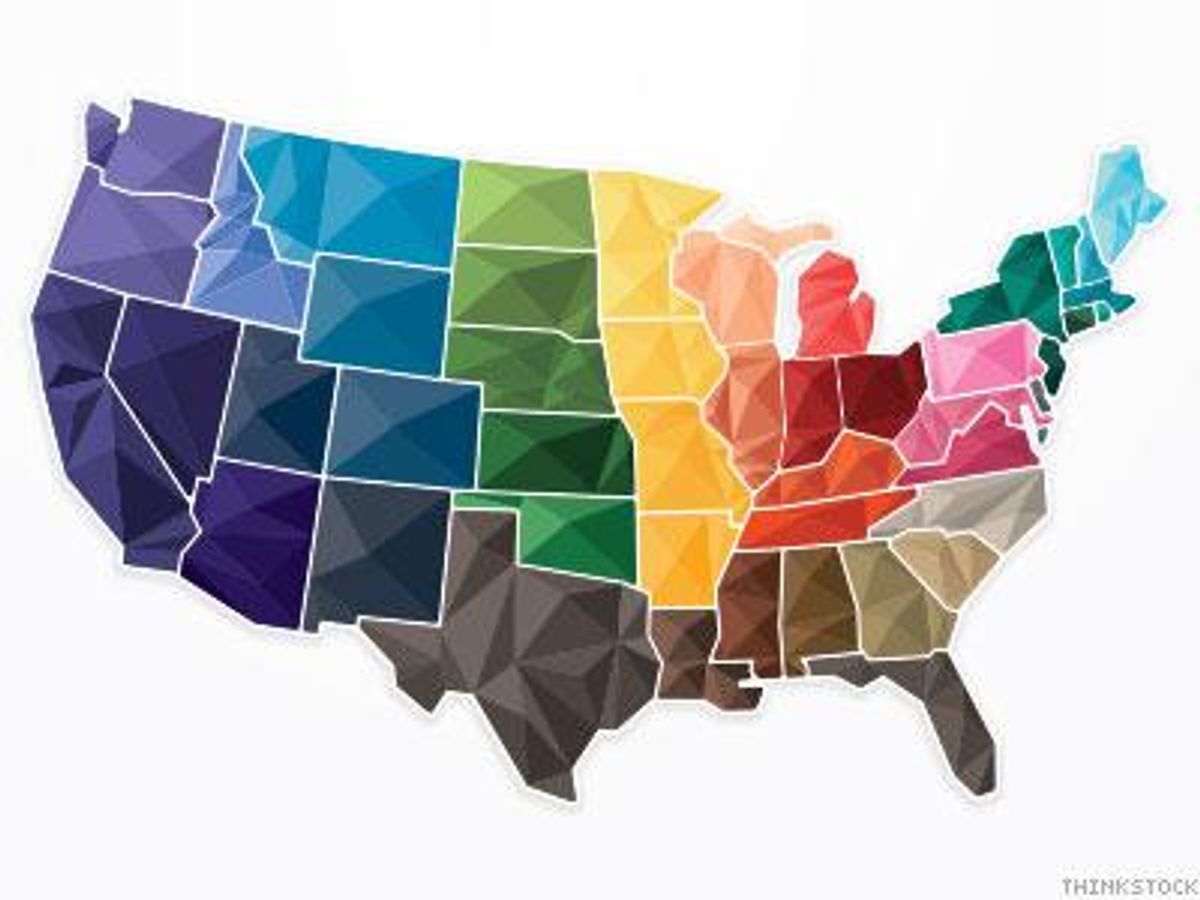

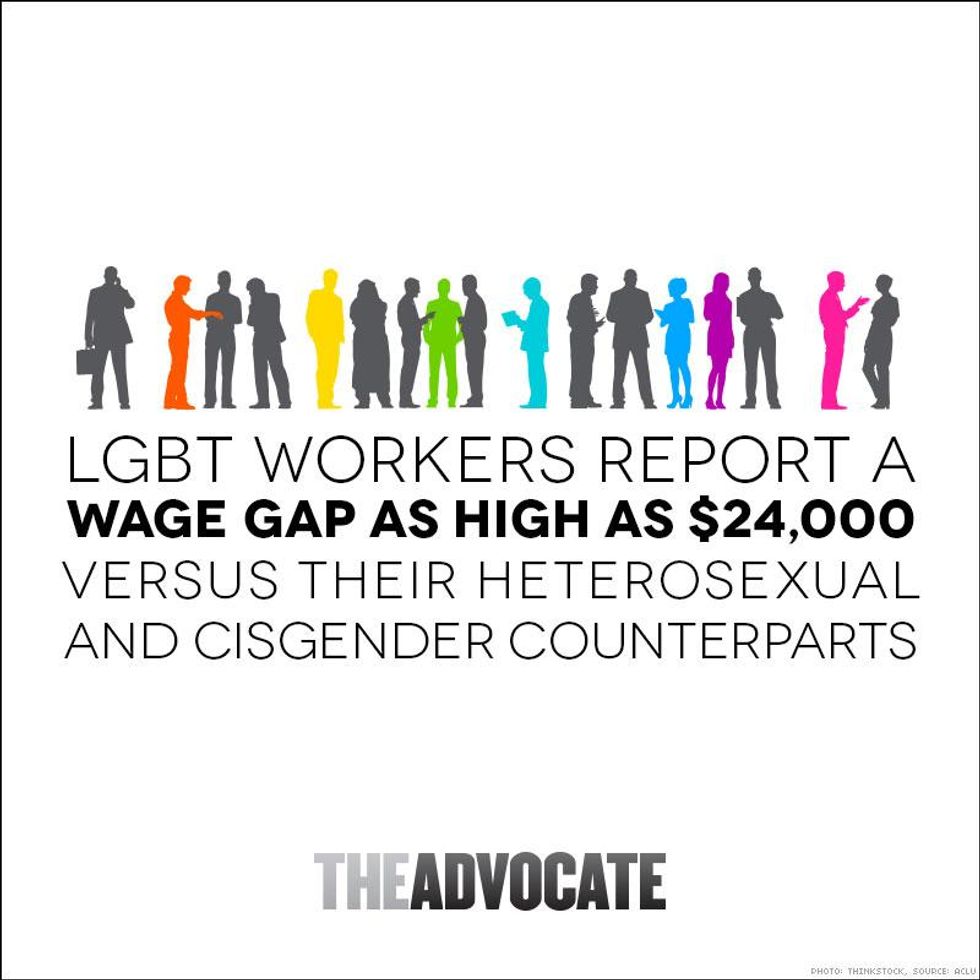
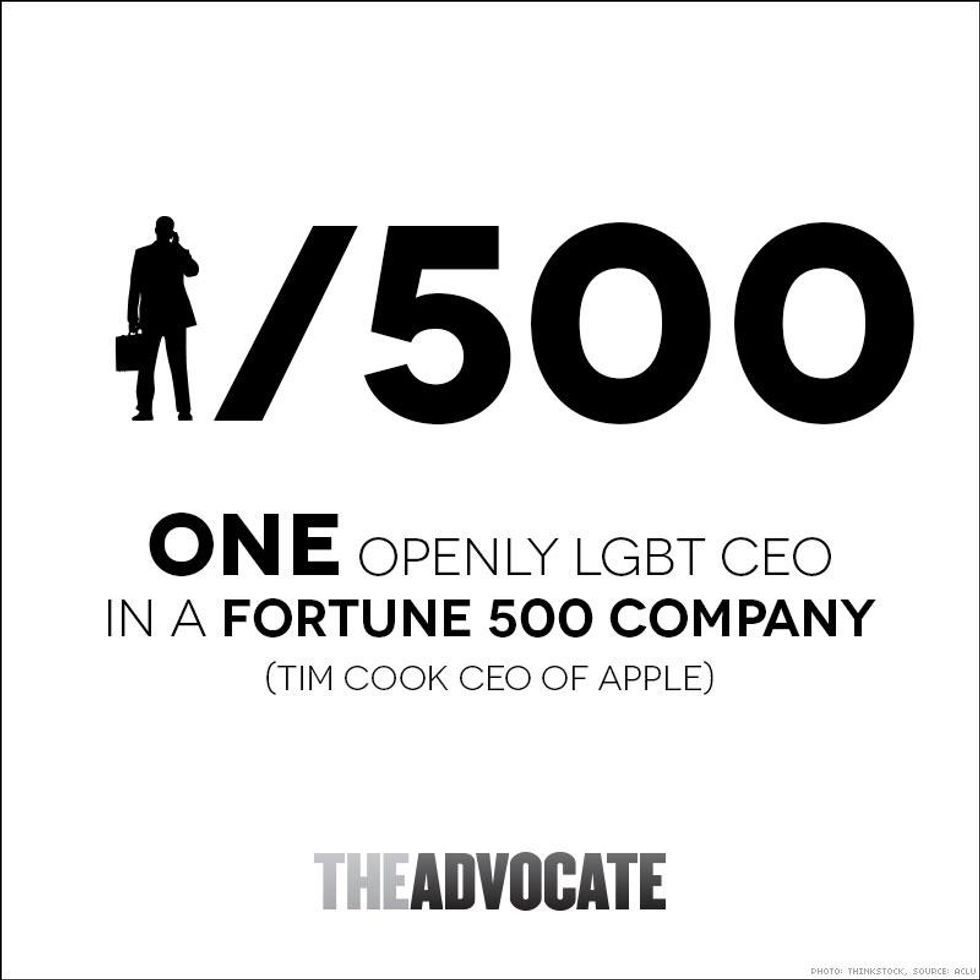
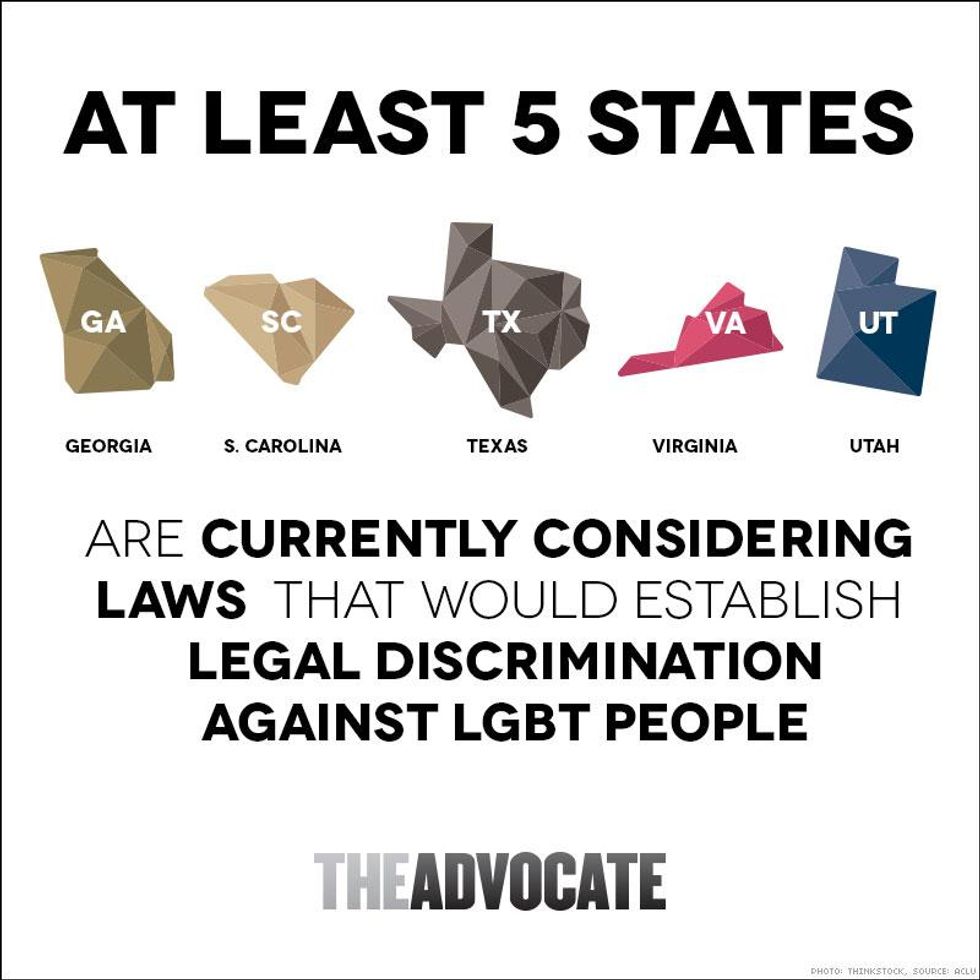
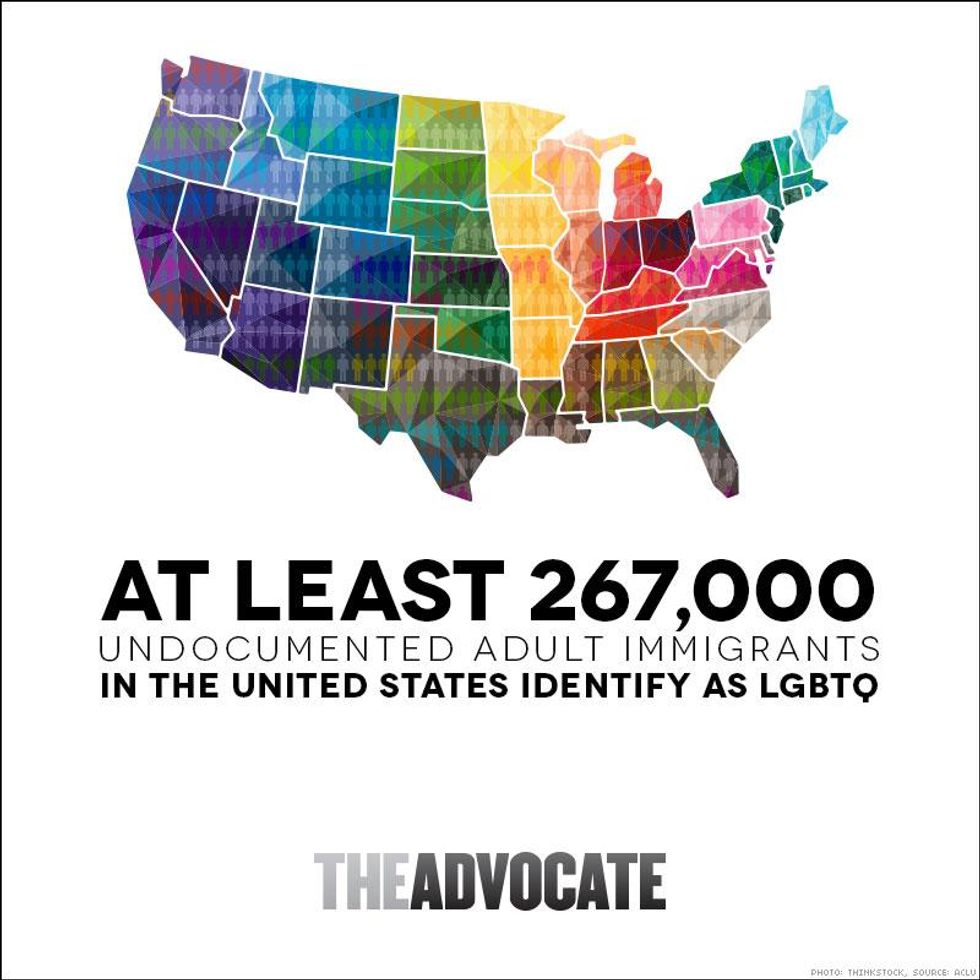
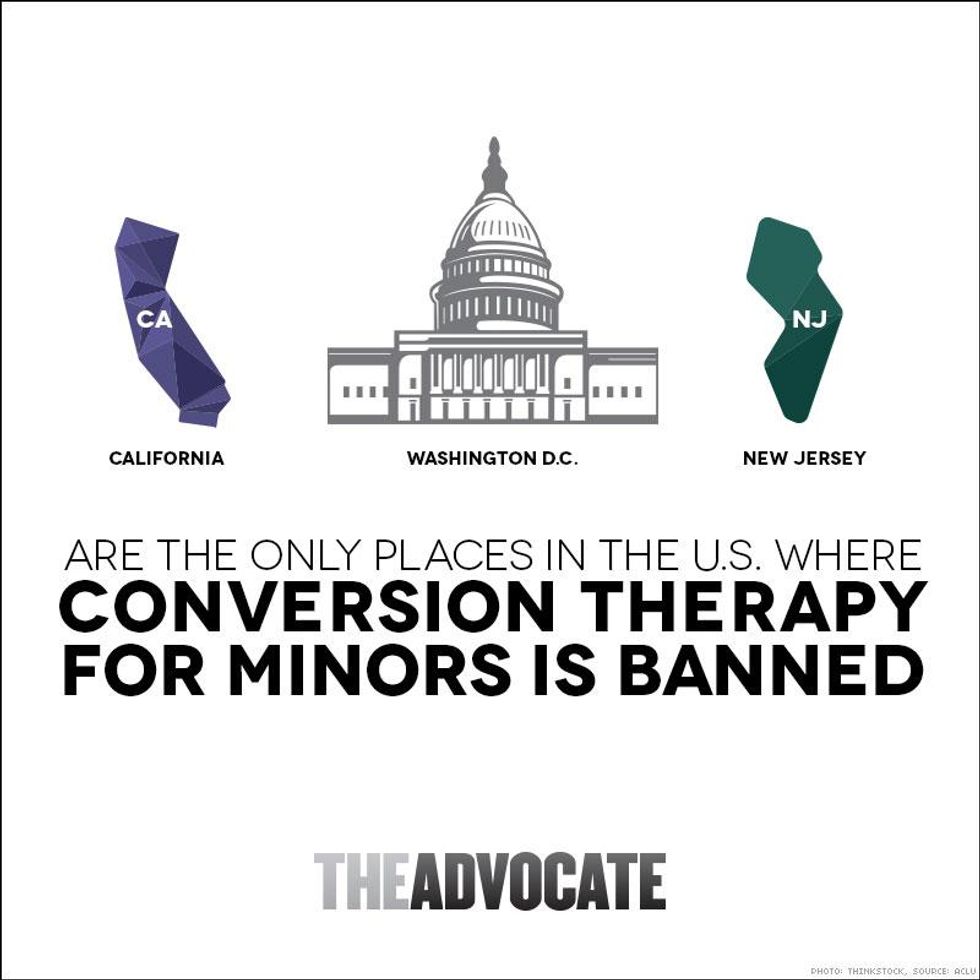
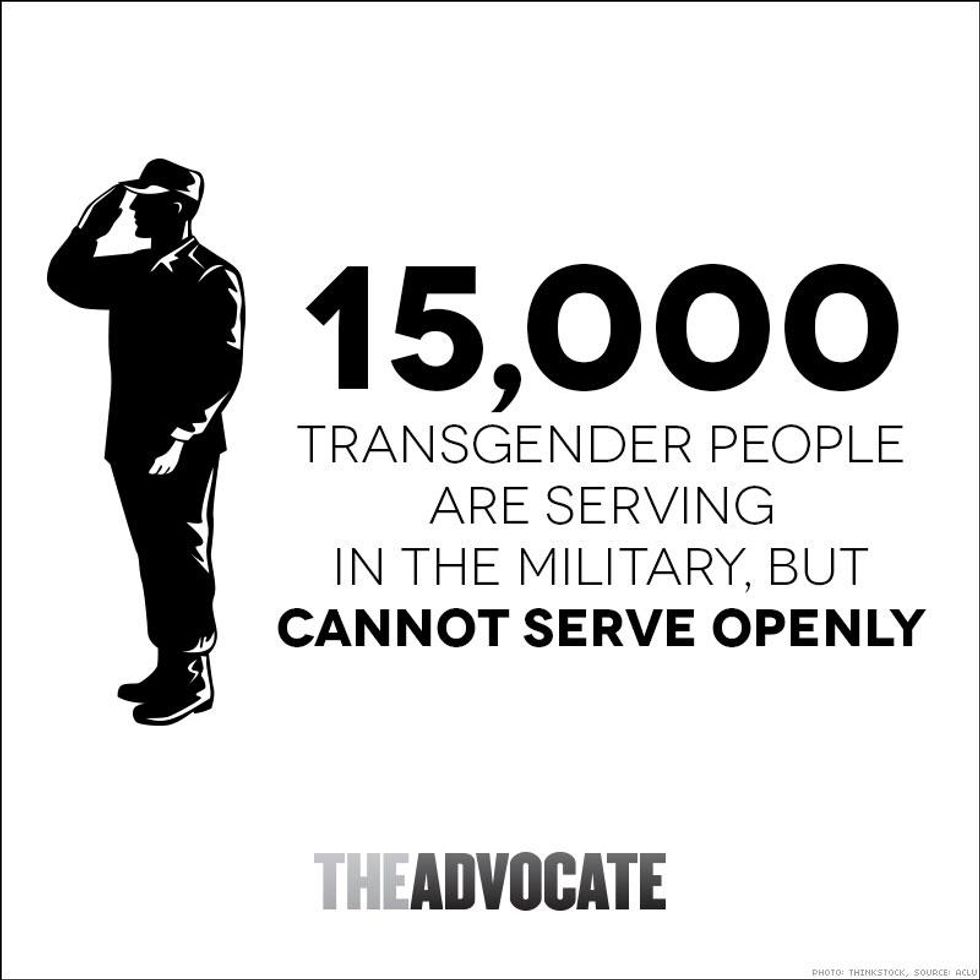















































































Viral post saying Republicans 'have two daddies now' has MAGA hot and bothered